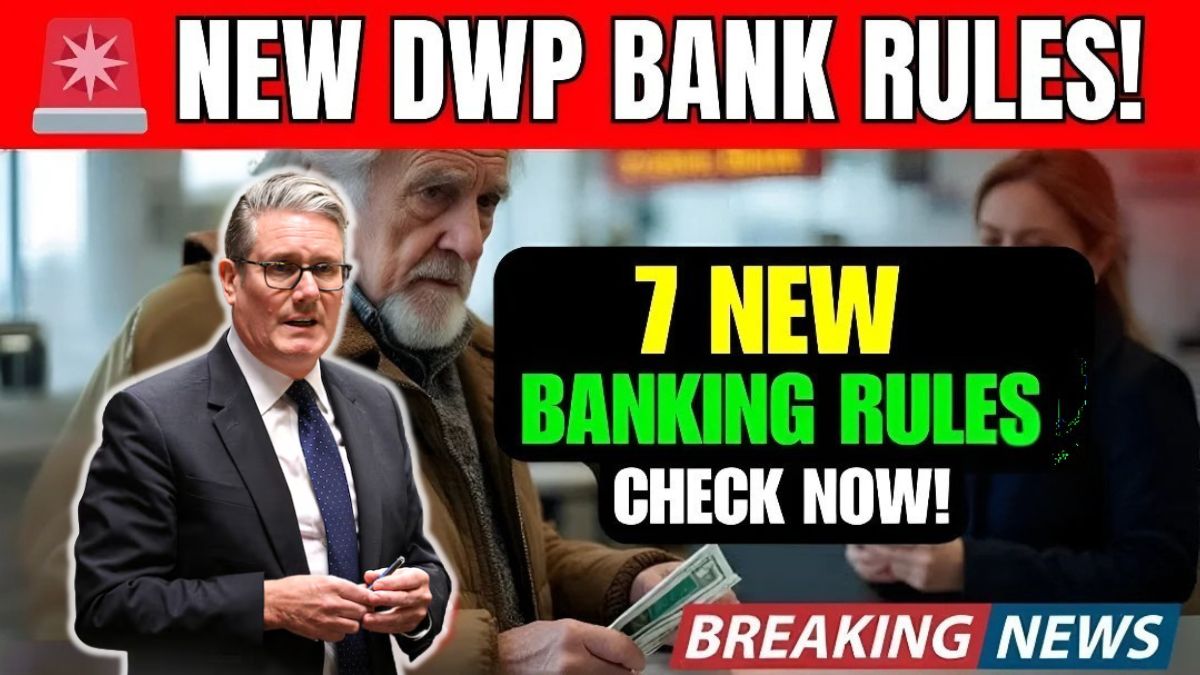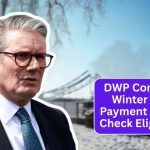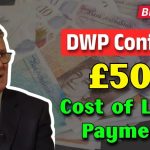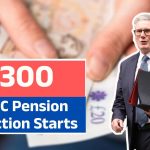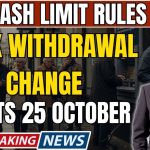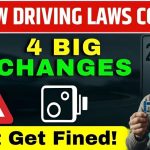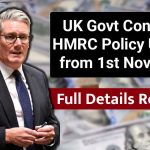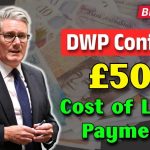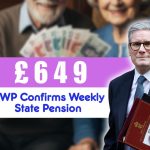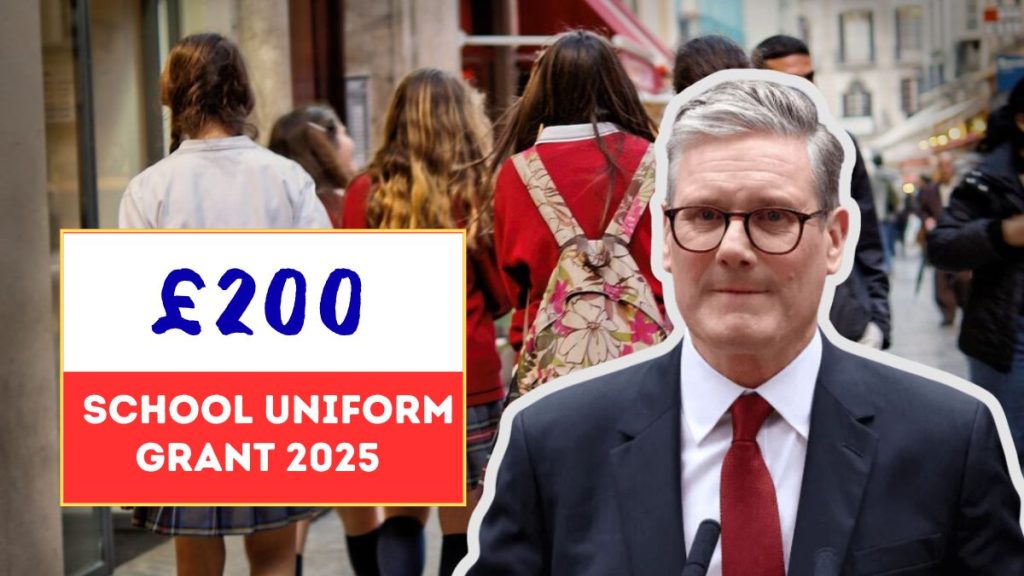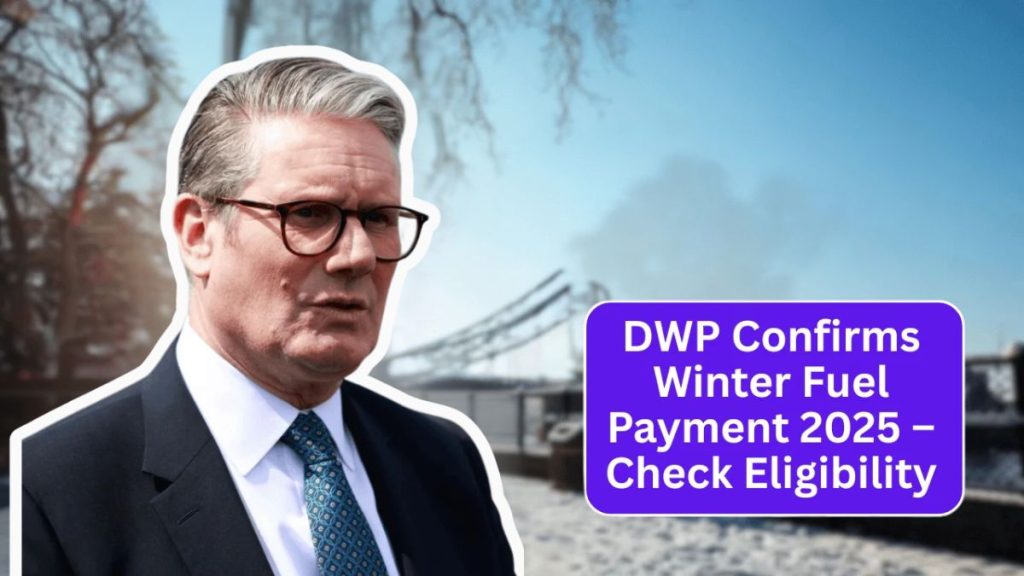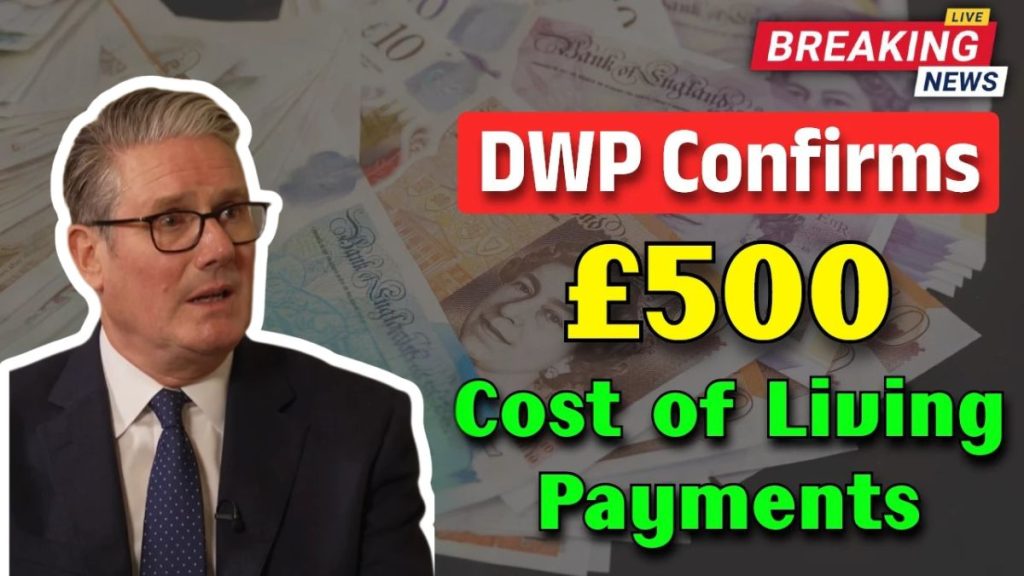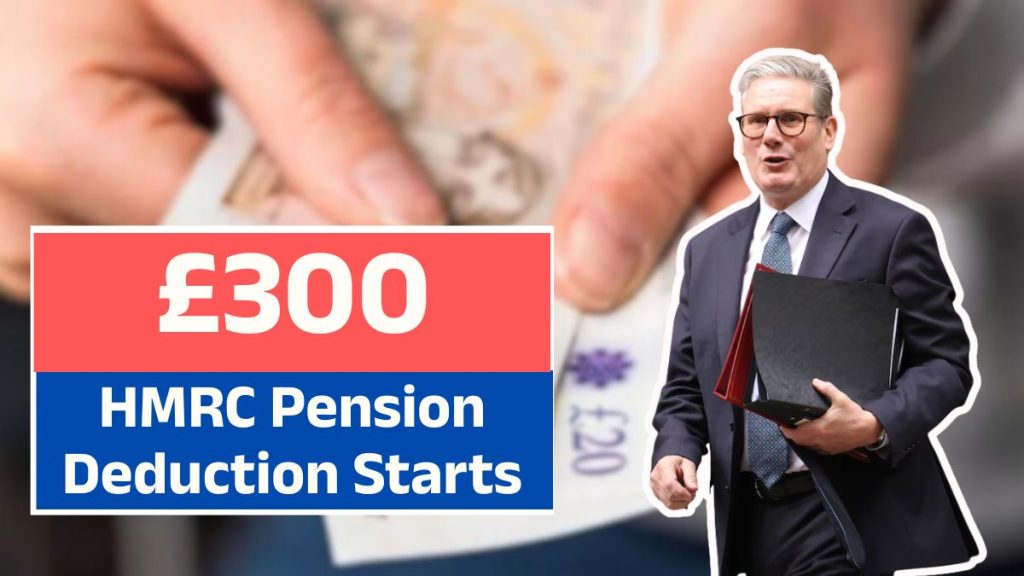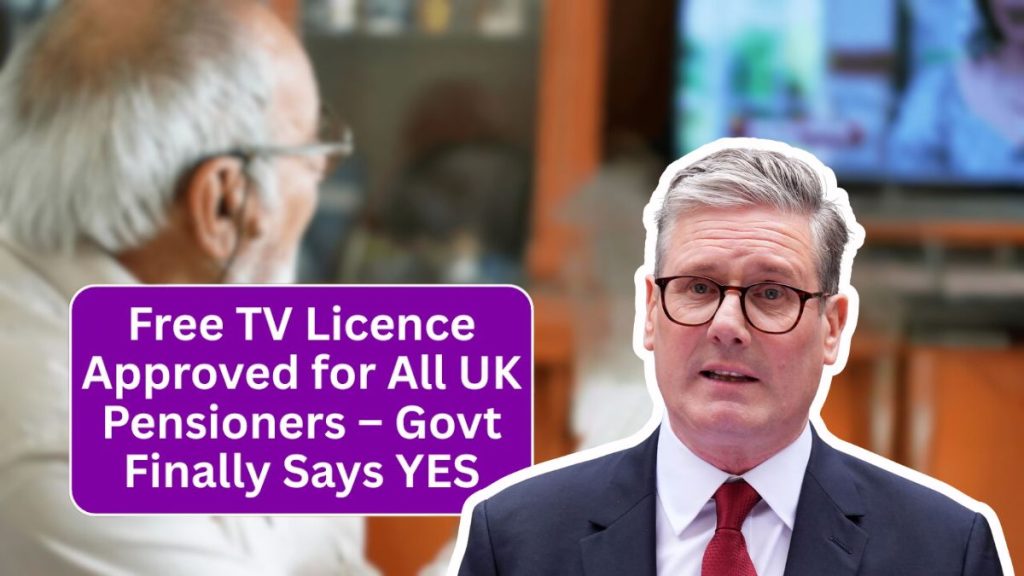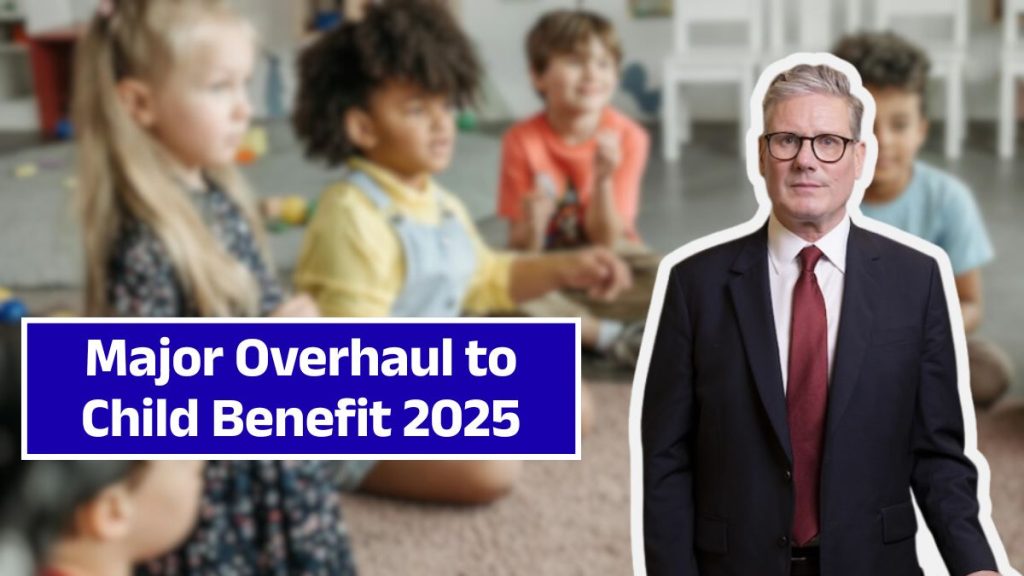The Department for Work and Pensions (DWP) has officially confirmed a £500 Cost of Living Payment for 2025 — a vital relief package for millions struggling with the soaring cost of essentials across the UK.
This one-off payment is part of the government’s continued effort to cushion households from high inflation, energy costs, and food prices. The DWP says the initiative is aimed at helping vulnerable citizens manage daily living expenses during another challenging economic year.
Here’s everything you need to know — who qualifies, when the payment will arrive, and how to make sure you don’t miss it.
Why the Payment Is Being Introduced
Over the past few years, the UK has faced one of the most persistent rises in the cost of living in recent history. From gas and electricity bills to weekly grocery spending, the financial burden has stretched household budgets to breaking point.
According to DWP officials, this £500 payment serves two main purposes:
- To support low-income and vulnerable households with essential daily costs.
- To provide direct financial help during the most expensive part of the year — the winter season.
The payment also complements existing benefits and rebates such as the Warm Home Discount, Energy Bill Support, and Council Tax Reduction schemes.
By delivering a single lump-sum support, the DWP hopes to give households immediate flexibility to cover whatever expenses matter most — whether that’s heating, food, or transport.
Who Qualifies for the £500 Payment
Eligibility for the £500 Cost of Living Payment is based on the benefits you currently receive. The DWP has confirmed the following groups will automatically qualify:
- Universal Credit claimants
- Pension Credit recipients
- Income Support claimants
- Jobseeker’s Allowance (JSA) recipients
- Employment and Support Allowance (ESA) claimants
If you’re receiving one or more of these benefits by the qualifying date (to be announced soon), the DWP will automatically add you to the list — no separate application is needed.
This automation aims to reduce confusion and ensure everyone entitled to support receives it promptly.
Automatic Eligibility and How It Works
Most people won’t need to do anything to claim this payment. The DWP will identify eligible claimants through its own records, based on the benefits you currently receive.
However, if your claim has recently been approved or renewed, it’s recommended to check your online DWP or Universal Credit account for updates.
In cases where more than one adult in a household receives qualifying benefits separately, the payment may be issued individually. DWP also advises couples and shared households to verify benefit arrangements to avoid duplicate or delayed payments.
Special Cases and Additional Support
Some low-income families who don’t receive the qualifying benefits may still be eligible for alternative local support. These can include:
- Council discretionary hardship payments
- Local welfare assistance
- Energy or fuel vouchers for emergency relief
If you’re unsure about your eligibility, contact your local Jobcentre Plus or council welfare department. They can check your status and help you access other available funding streams.
How the Payment Will Be Made
The £500 payment will be paid using the same method you currently receive your benefits. That means:
- Direct deposit into your bank account, if that’s your standard benefit payment route.
- If you receive benefits via a Post Office card or cheque, you’ll receive separate guidance from DWP on how your payment will be issued.
It’s crucial to check that your payment details are current and correct, as outdated or closed accounts can delay your payment.
Unlike some previous benefits, there’s no requirement to confirm receipt — the funds will appear automatically in your account with a transaction description such as “DWP Cost of Living Payment”.
When You Can Expect the Payment
The DWP has stated that payments will start rolling out from early 2025. Although an exact date hasn’t been released, most eligible claimants should receive the funds within the first quarter of the year, likely between January and March 2025.
Payments will be issued in a single lump sum, not spread across multiple months. This ensures recipients have immediate access to the full amount when they need it most.
The DWP will announce official payment dates closer to the rollout through GOV.UK and official press releases.
How the £500 Payment Will Help Households
For struggling households, this payment offers crucial breathing space. The £500 boost can help cover:
- Heating and electricity bills, which typically spike during winter months.
- Food and grocery costs, particularly for families or pensioners on fixed incomes.
- Transport expenses, for workers facing rising fuel or commuting costs.
- Outstanding debts or arrears, such as council tax or credit payments.
Many households plan to use the funds strategically — prioritising essentials or setting aside a portion for unexpected costs later in the year.
Although £500 may not solve long-term financial challenges, it provides timely short-term relief to help families stay afloat during the cost-of-living crisis.
Is the £500 Payment Taxable?
One of the most common questions is whether the Cost of Living Payment will count as taxable income. The DWP has confirmed:
- It is completely tax-free.
- It will not affect your tax code.
- It will not reduce or alter other benefit entitlements.
This means you can use the payment freely for your household needs without worrying about deductions or adjustments to existing benefits.
How to Check If You’re Eligible
To confirm your eligibility, follow these simple steps:
- Visit the official DWP or GOV.UK website.
- Log into your benefit account — such as Universal Credit or Pension Credit.
- Check notifications or messages about upcoming Cost of Living Payments.
- Review your benefit award letter for any mentions of the 2025 payment.
If you believe you meet the criteria but haven’t received confirmation, contact the DWP helpline. They can verify your claim status and resolve any issues related to delays or missed payments.
When to Contact DWP
You don’t need to contact DWP unless:
- You haven’t received your payment 30 days after the rollout starts.
- You’ve recently changed your bank details or benefit type.
- You suspect an error or have duplicate payment issues.
Remember to always contact the official DWP helpline or access their verified GOV.UK pages — not links sent through text or email, as scams are common during benefit payment rollouts.
Additional Support You Can Claim
Beyond the £500 payment, the government continues to run several overlapping support programs to ease cost pressures. These include:
- Warm Home Discount Scheme – helps reduce winter energy bills.
- Council Tax Reduction – lowers council tax bills for eligible residents.
- Household Support Fund – local councils offer emergency cash or vouchers.
- Cold Weather Payment – triggers automatic £25 payments when temperatures drop below freezing for seven days.
By combining these schemes, households can maximize their total support and better manage ongoing expenses.
Staying Updated and Avoiding Scams
The DWP warns against fraudulent messages or emails about Cost of Living Payments. Official communication will never ask for personal details or banking information.
Always check updates directly through:
- www.gov.uk/cost-of-living-payment
- Your Universal Credit online journal
- Official DWP social media pages
Avoid clicking on links from unverified sources and report suspicious messages to 7726, the UK’s official spam-reporting service.
Key Takeaways
- Amount: £500 (tax-free, one-off payment)
- Start Date: Early 2025
- Who Qualifies: Recipients of Universal Credit, Pension Credit, Income Support, JSA, or ESA
- How Paid: Automatically via your usual benefit payment method
- Purpose: To ease financial strain from high living costs across the UK
This payment offers timely financial support when it’s needed most — helping millions of households stay secure amid continued price pressures.
FAQs
1. Who is eligible for the £500 Cost of Living Payment in 2025?
Anyone receiving Universal Credit, Pension Credit, Income Support, Jobseeker’s Allowance, or Employment and Support Allowance will automatically qualify.
2. When will I receive the payment?
Payments begin in early 2025, with most recipients expected to receive the funds by March 2025.
3. Do I need to apply for the £500 payment?
No application is necessary. The DWP will identify and pay all eligible claimants automatically.
4. Is the £500 payment taxable or will it affect my other benefits?
No. It’s tax-free and won’t impact any existing benefit entitlements.
5. What should I do if I haven’t received the payment?
If it’s been more than 30 days after rollout and you’re eligible, contact the DWP helpline or check your Universal Credit online account for updates.
